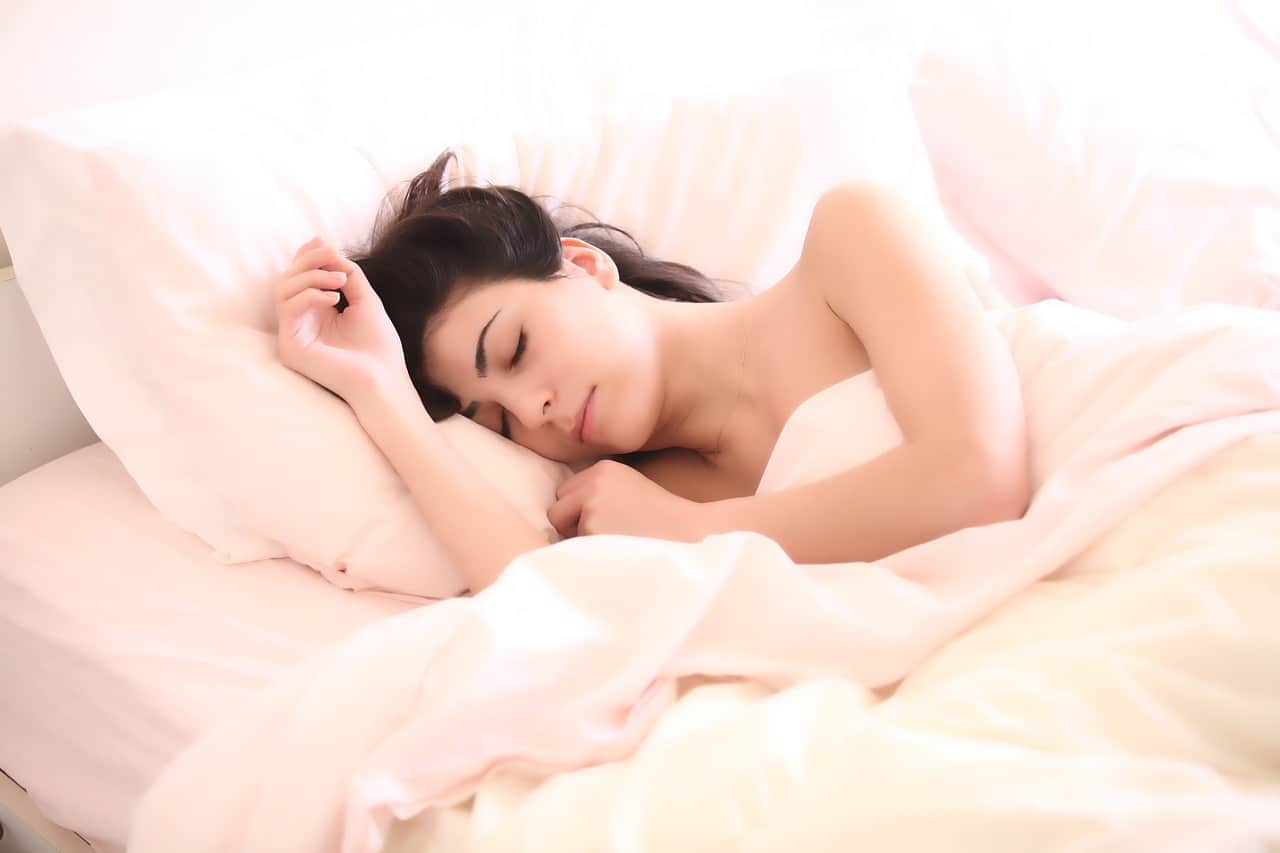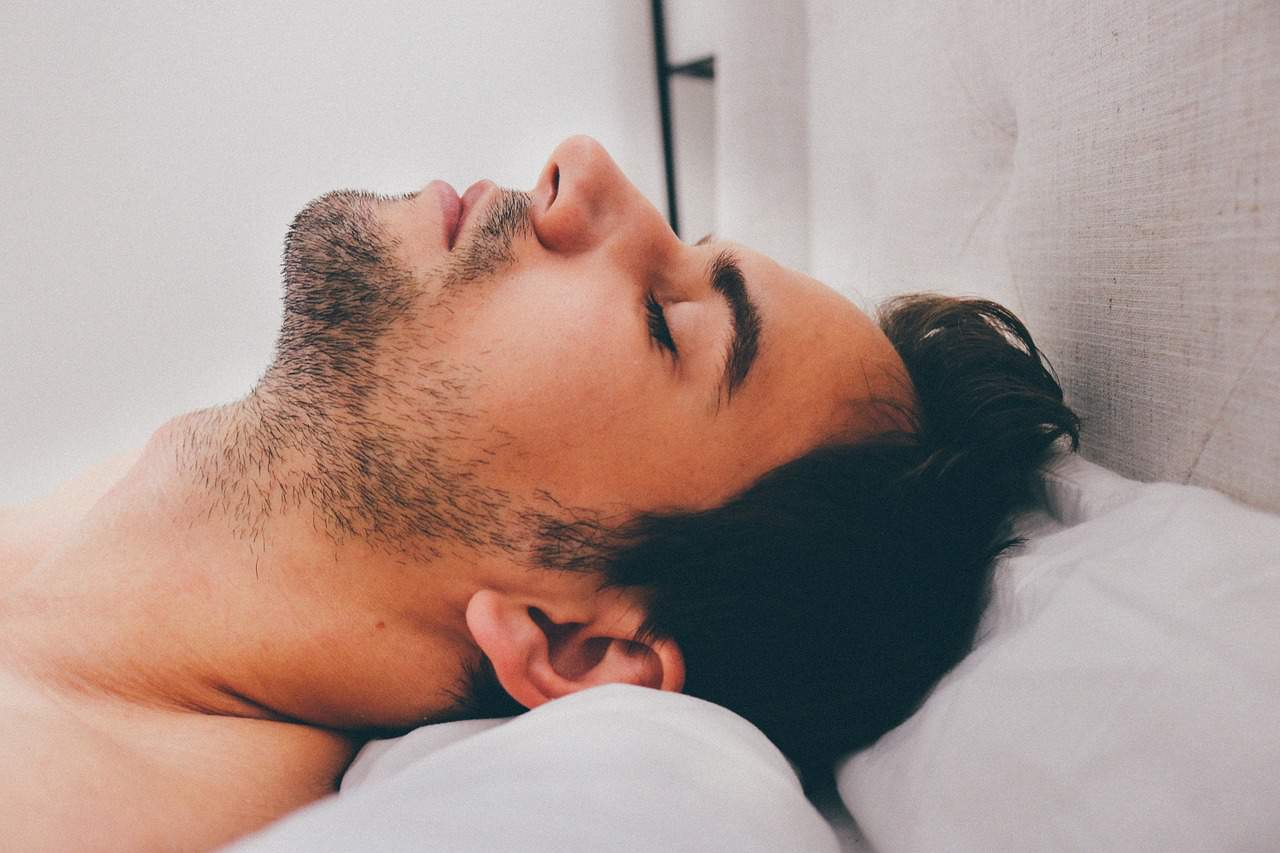Our minds and bodies are often seen as things of great mystery. Getting through life seems like one long psycho-physical experiment. Sleep is one of the biggest mysteries in our lives. Countless studies of sleepers and sleep patterns have tried to understand how and why we sleep.
Scientists can monitor so much of what goes on in our physical being with the tools and techniques they have developed. They can monitor our movements and responses; they can watch our brain as we sleep. They can theorize on why our body behaves in certain ways but in the final analysis, we are all individuals. We each have our own unique patterns.
Sleep is that golden chain that ties health and our bodies together – Thomas Dekker
One thing is clear from scientific research. We all need sleep. It gives our minds and bodies time to repair the rigors of the day.
Scientists classify our daily sleep into 4 distinct stages. While we are asleep, our body goes through a series of tried and trusted workouts to prepare us for the next day. In a full night’s sleep, we cycle round these stages 4 or 5 times.
Stage 1 – Settling Down
Not surprisingly, the cycle starts here. At this stage, you are watchful, your eyes are moving around behind the closed eye lids. Your muscles are contracting and relaxing. We all twitch – usually several times. You can be woken up quite easily during this part of the cycle.
The twitching gives an idea of how sleepy you are – the more jerks and twitches, the more tired you are. That’s a paradox, right there! You’d think the body would want to calm right down!
This stage is all about your mind checking you’ve found a safe place to settle down for the night, getting itself ready to shut down the body for a little while.
Stage 2 – Relaxing

This stage takes up about half of each sleep cycle and therefore about half of each night’s sleep is spent in this stage. If you are ever woken up and wonder where on earth you are, you have probably been disturbed in this stage.
As you relax, your body temperature drops, your blood pressure drops, your breathing slows down, your eyes stop moving and your muscles relax. This is the physical state we are aiming for when we meditate.
In this state of physical relaxation, your blood pressure drops by a few points, taking the pressure off vital organs and focusing attention on parts of the body that are secondary during our waking day. As your blood pressure lowers, your body temperature drops as well. We use fewer calories while we sleep – one reason why eating late in the evening is not conducive to losing weight.
In the same way that our body is closing down some of its more active parts, our brain waves start to calm down as well, easing any mental tensions. This is what makes it difficult to orientate ourselves if we are disturbed in this phase – it takes just a fraction of a second longer for our consciousness to react. In that brief period, it can make up all types of stories on where you are and what you are doing and what caused you to wake up.
Stage 3 – Repairing
Once your body is safely relaxed and away from the turmoil of an operating day, the repair men are brought in to put things back on an even keel: physically and mentally.
As your muscles relax, hormones are released that start to repair body tissues. Muscles are given a boost of energy that they use to re-generate. Your brain waves slow down even more, basking in the chance to close down for a little while. Hormones act on excess toxins within your blood stream, reducing their impact – a little mini de-tox session.
As your brain relaxes, it goes through a de-tox of its own, trying to get rid of any useless information it may have gathered during the day – forgetting the things is doesn’t consider important or at least, filing them away in hard to reach places. It also tries to ensure that important lessons learned are filed away in sensible places, though. It keeps your catalog of experiences up to date and current.
This is the deepest part of your sleep cycle. It’s where growth hormones are secreted and to strengthen and repair our bodies. It’s also the stage where you may talk in your sleep or walk around or raid the fridge while you sleep. Your mind is switched off so your body can take control and you won’t even know!
Stage 4 – Rest

The final stage of each cycle brings in the legendary REM (Rapid Eye Movement) sleep. In this stage, your brain gets active – even over-active. Physically, your muscles are stilled: paralyzed, even. So your brain has nothing to do there! But it is starting to get agitated (or bored) so it casts around for some great stories to tell you! This is where you dream.
This stage of sleep is characterized by your eyes moving rapidly behind the lids again as if the visual cortex is being stimulated but without any light to sharpen it. Dreams are often hyper-real in terms of colors and textures as the brain makes up for lost light.
Your body has a few confusions going on – active imagination, but paralyzed muscles. It’s not surprising that your heart rate rises and you begin to breathe a little more heavily and rapidly.
But then, your mind and body come to some kind of agreement about what is real and what is not, start to remember where you are and what they are meant to be doing. And this is where you start again to relax and settle down. A little twitch or two helps tell your mind it’s still time to relax and you start the 4-stage cycle all over again.
The Sleep Cycle
Each cycle takes around 90 minutes to run through all 4 stages. So depending on how much sleep you have each night, you move round the cycle 4 or 5 times.
But as you move from one stage into the next, it is quite common to wake up – not completely and not always enough to remember. But scientists who monitor sleep behaviors acknowledge that this happens. You may even “wake up” as frequently as 10 times an hour. But don’t worry. Your mind and body expect this. As long as nothing untoward happens, they calm you down and file it away under “That never happened.”

Sleeping is an endless source of wonder. It is fascinating to explore what our minds and bodies get up to when we think we are asleep. It starts you to wondering what sleep is after all. With all that going when your eyes are closed, it is surprising we get any rest at all.
We are such stuff as dreams are made on; and our little life is rounded with a sleep – William Shakespeare
